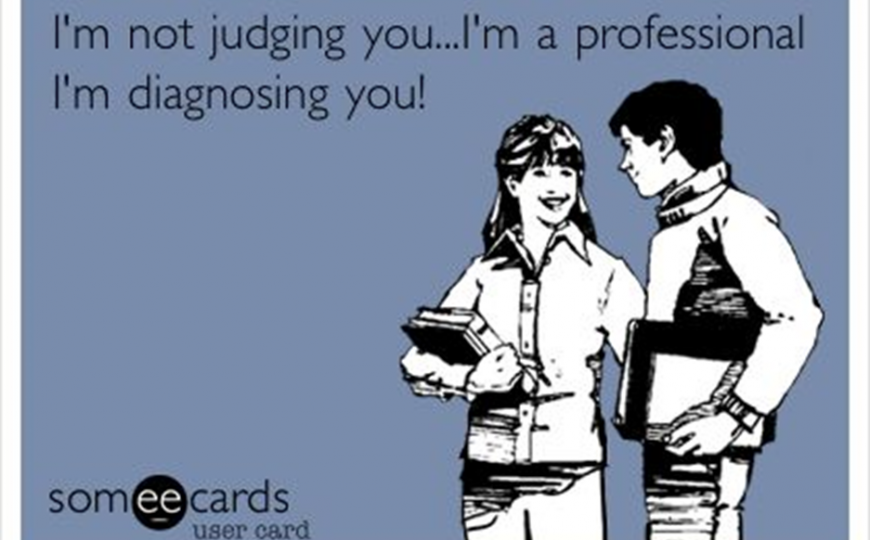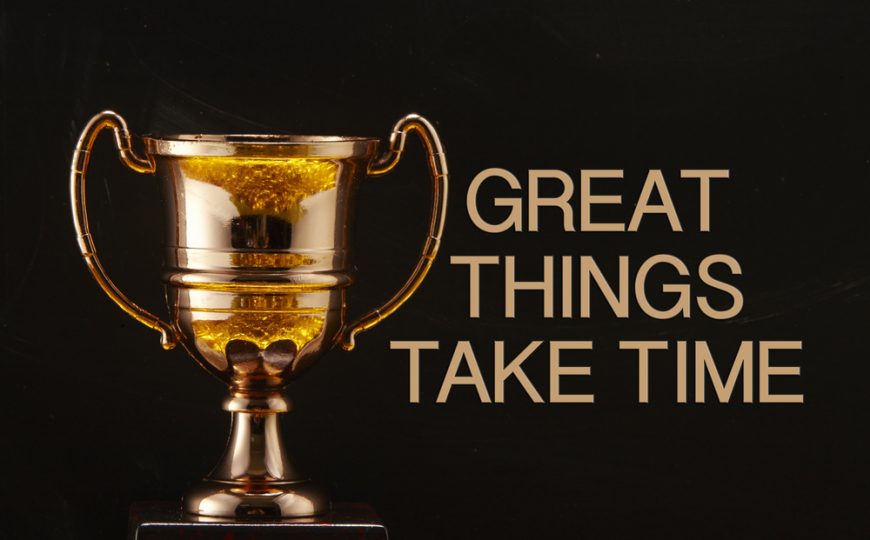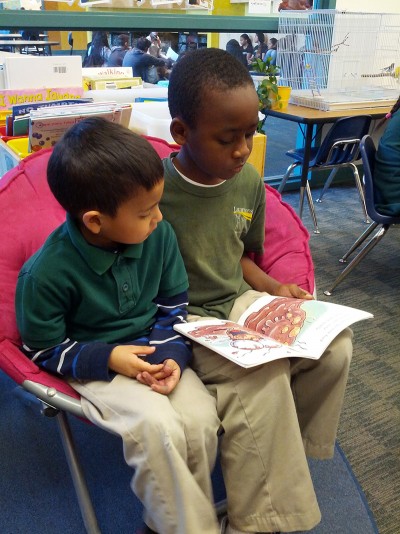In part one we discussed the difference between an observation and a judgement. Ideally you would have the opportunity to have all the relevant and varied discipline specific professionals present on how to improve the proficiency of your observations for better targeted referrals. Until this comes to fruition what can you do? I like to call this process the “Whole Task Analysis”. It is very common for instructors to think about the sequence of steps necessary to accomplish a task. This makes it easy to recognize where in the process the learner is getting stuck. The next step is to …










